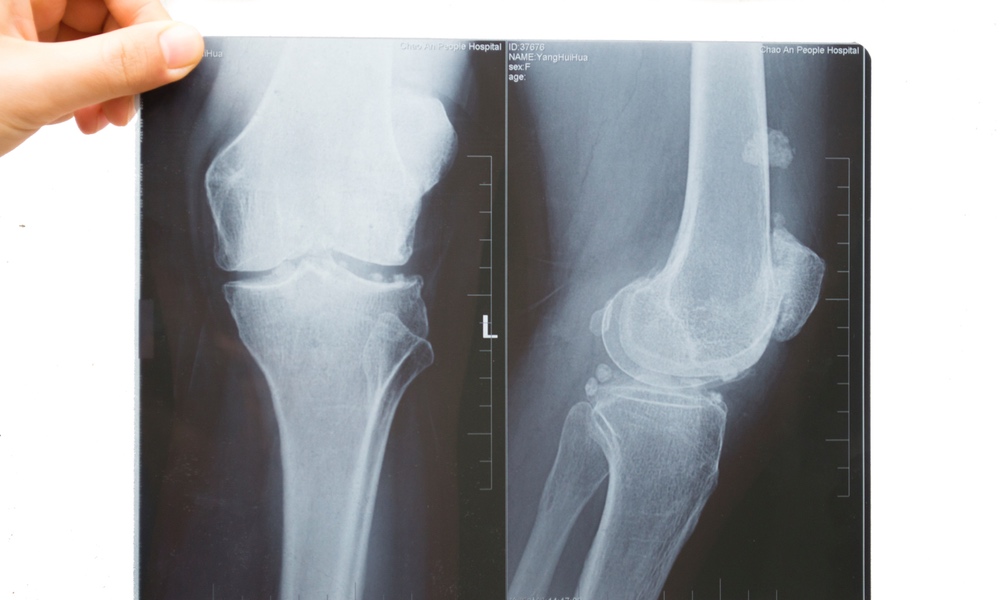In women, bone thinning occurs most rapidly in the years right after menopause because of a decrease in the production of estrogen. Most people think of consuming plenty of calcium and vitamin D to help prevent osteoporosis, but even these carry some risk. Now it appears a compound found in soybeans may protect women against the disease by mimicking estrogen in the body.
There are an estimated eight million women age 50 and older who have osteoporosis, and 27 million more have low bone mass or osteopenia. The dreaded disease causes an estimated two million fractures each year in men as well as women, and the end result is often immobility, chronic pain, nursing home placement, and perhaps early death.
A study presented recently at Society for Endocrinology [pdf] annual conference found that a diet rich in soy protein and isoflavones can protect older women from bone loss and osteoporosis. Soybeans and foods made from them, like tofu, contain isoflavones, compounds that are similar in structure to estrogen.The actions of soy appear to mimic that of conventional osteoporosis drugs.
Two hundred women just entering menopause were given either a daily supplement of soy protein with 66 mg of isoflavones or a supplement containing only soy protein for six months. Changes in their bone activity were monitored by measuring the presence of two proteins, βCTX and P1NP, in their blood.
Women who were taking the soy supplement with isoflavones had lower levels of βCTX than the women who took the soy only supplement, suggesting that the supplement slowed the loss of bone and the development of osteoporosis. The soy/isoflavone supplement also appeared to decrease the risk of cardiovascular disease.
“We found that soy protein and isoflavones are a safe and effective option for improving bone health in women during early menopause. The actions of soy appear to mimic that of conventional osteoporosis drugs,” said Sathyapalan. The average Western diet provides 2 to 16 mg of isoflavones compared to the 66 mg of isoflavones used in the study, which is equivalent to a typical Asian diet, according to Sathyapalan.
In addition to soybeans and products made from soy like soy milk and tofu, green tea, peanuts, lima beans, fava beans, split peas, pigeon peas, chickpeas, and flaxseeds also contain isoflavones. However, compared to soybeans, the concentration of isoflavones in these foods is very low.
The study was conducted by researchers at the University of Hull.





